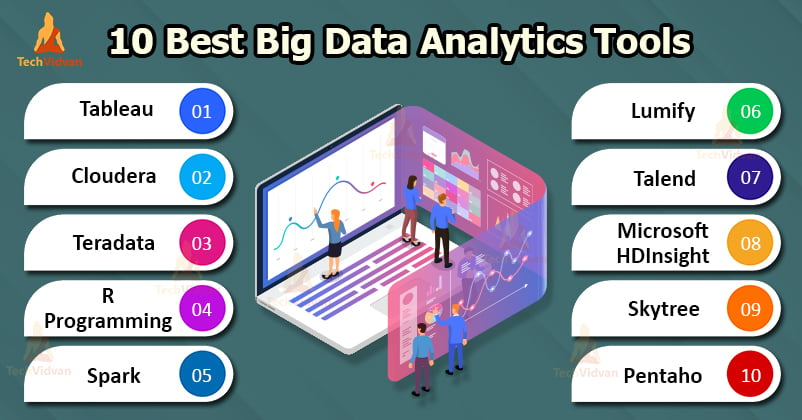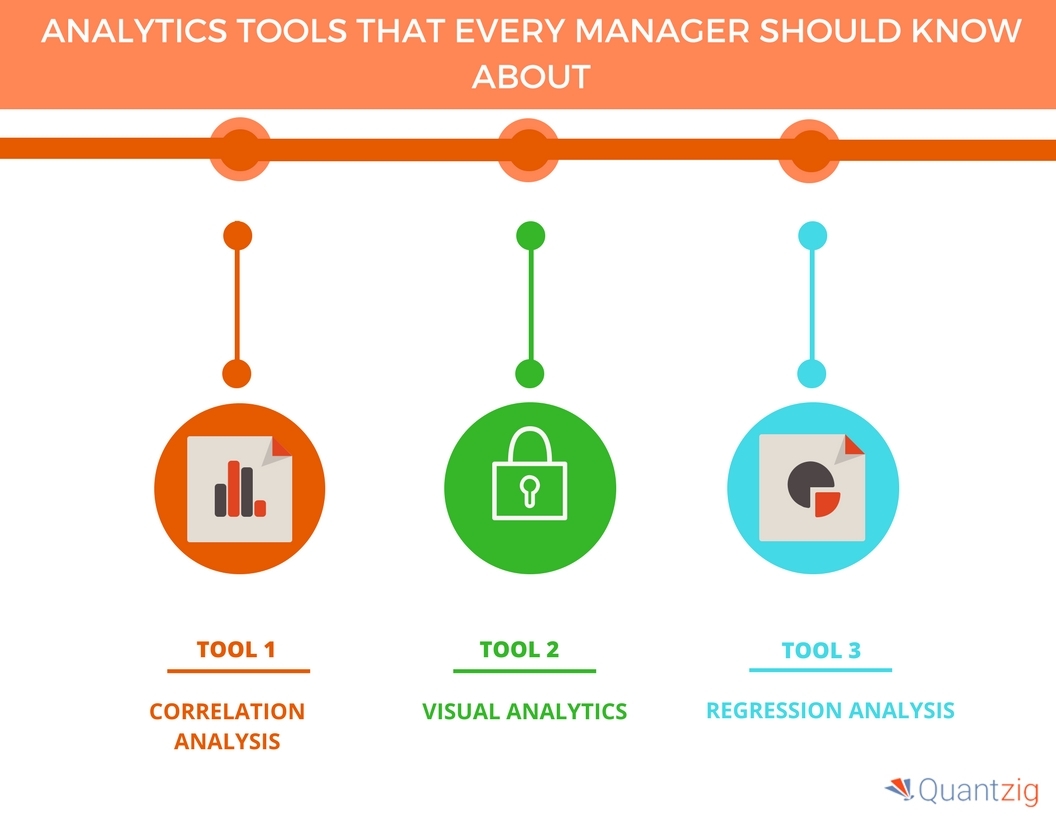Make Best Use Of Development: How Analytics Drive Better Methods
By using information insights, businesses can refine their functional methods, prepare for market modifications, and improve consumer engagement. The obstacle exists not just in collecting data however in effectively analyzing it to drive concrete results.
Understanding Information Analytics
Data analytics is a methodical computational analysis of data that allows companies to discover purposeful patterns and insights. This process includes a range of strategies, including analytical evaluation, predictive modeling, and information mining, which jointly aim to change raw data right into actionable details - Analytics. By using these methodologies, companies can make educated choices that are rooted in empirical proof instead than intuition alone
The structure of data analytics depends on its ability to take care of huge amounts of details from diverse sources. This consists of structured data, such as data sources, and disorganized data, including social media sites interactions and consumer responses. Through the usage of specialized software and devices, analysts can extract and process this data effectively, determining patterns and connections that may not be instantly apparent.
Understanding information analytics also includes acknowledging the significance of data quality and honesty. Exact and reliable data is essential for purposeful evaluation; thus, companies need to apply robust information governance methods. Additionally, the repetitive nature of analytics allows for constant refinement and enhancement of strategies, making certain that companies remain dexterous when faced with altering market dynamics and customer habits.
Key Advantages of Analytics

Among the crucial benefits of analytics is its ability to give workable insights. Organizations can swiftly assess vast quantities of information, uncovering patterns that may not be quickly evident. This aids in anticipating market shifts and adjusting approaches as necessary. Additionally, analytics fosters a culture of evidence-based decision-making, lowering reliance on intuition and guesswork.
An additional substantial benefit is boosted customer understanding. Analytics tools allow companies to sector their audience, track customer behavior, and customize marketing efforts. This targeted approach not only improves consumer involvement however likewise drives higher conversion rates.

Implementing Analytics Techniques
To completely realize the benefits of analytics, companies have to take on organized approaches for implementation. This begins with plainly defining goals that align with more comprehensive organization goals. By developing details, measurable end results, companies can concentrate their analytics efforts on areas that generate the highest possible return on investment.
Next, companies need to focus on information administration to ensure the stability and protection of the data being evaluated. This entails setting up protocols for information collection, storage, and access while adhering to pertinent regulations. Making certain top notch information is critical for generating meaningful insights.
Additionally, cultivating a society of data-driven decision-making is essential. This requires training workers to translate analytics searchings for and motivating partnership across divisions. When teams recognize the value of analytics, they are extra likely to integrate understandings into their daily operations.
Finally, organizations should frequently evaluate and fine-tune their analytics methods. The landscape of data and innovation is consistently advancing, and staying adaptable will allow companies to take advantage of brand-new tools and techniques properly. By carrying out these organized techniques, companies can take full advantage of the influence of their analytics efforts and drive lasting development.
Devices for Effective Analysis
Effective evaluation counts on a selection of devices that promote the extraction explanation of insights from information - Analytics. These tools can range from simple spreadsheet applications to innovative machine discovering systems, each serving a special function in the logical procedure
Data visualization software, such as Tableau and Power BI, plays an important role in transforming complicated datasets right into understandable visual representations. These devices make it possible for experts to determine fads and patterns quickly, permitting more educated decision-making.
Analytical analysis software, like R and SAS, provides advanced abilities for carrying out extensive analyses, consisting of regression, hypothesis testing, and predictive modeling - Analytics. These attributes equip organizations to draw significant final thoughts from their data, identifying potential possibilities and dangers
Furthermore, database management systems such as SQL and NoSQL data sources provide the needed facilities for saving and inquiring big quantities of data effectively. They make sure that information is organized and available for analysis.
Last but not least, organization knowledge platforms incorporate numerous data sources, offering an extensive view of business efficiency. By utilizing these tools effectively, organizations can boost their analytical abilities, allowing them to develop methods that maximize development and improve general efficiency.
Situation Researches of Success
Effective companies typically take advantage of information analytics to drive impactful methods, as shown by numerous significant instance researches. By employing these insights, Netflix has successfully customized its content suggestions, resulting in boosted user involvement and subscriber retention.

Furthermore, Starbucks utilizes information analytics to figure out ideal shop locations and refine its product offerings. By checking out customer demographics and acquiring patterns, Starbucks effectively determines More Info high-potential markets and customizes its food selection to neighborhood tastes, driving sales and client loyalty.
These case research studies show that reliable utilization of data analytics can result in calculated benefits, fostering development and growth within companies throughout various sectors.
Verdict
In conclusion, the combination of analytics into business methods dramatically improves decision-making processes and cultivates lasting development. The effective implementation of analytics devices additionally sustains dexterity and development, allowing companies to browse affordable landscapes with better precision.
Information check that analytics is a methodical computational analysis of information that allows companies to uncover purposeful patterns and understandings.Recognizing data analytics also entails recognizing the relevance of information top quality and stability. Exact and trustworthy information is critical for meaningful analysis; hence, organizations need to carry out durable information administration methods.Next, organizations need to prioritize information governance to guarantee the integrity and safety of the data being assessed.Effective companies often leverage information analytics to drive impactful methods, as shown by numerous noteworthy case studies.